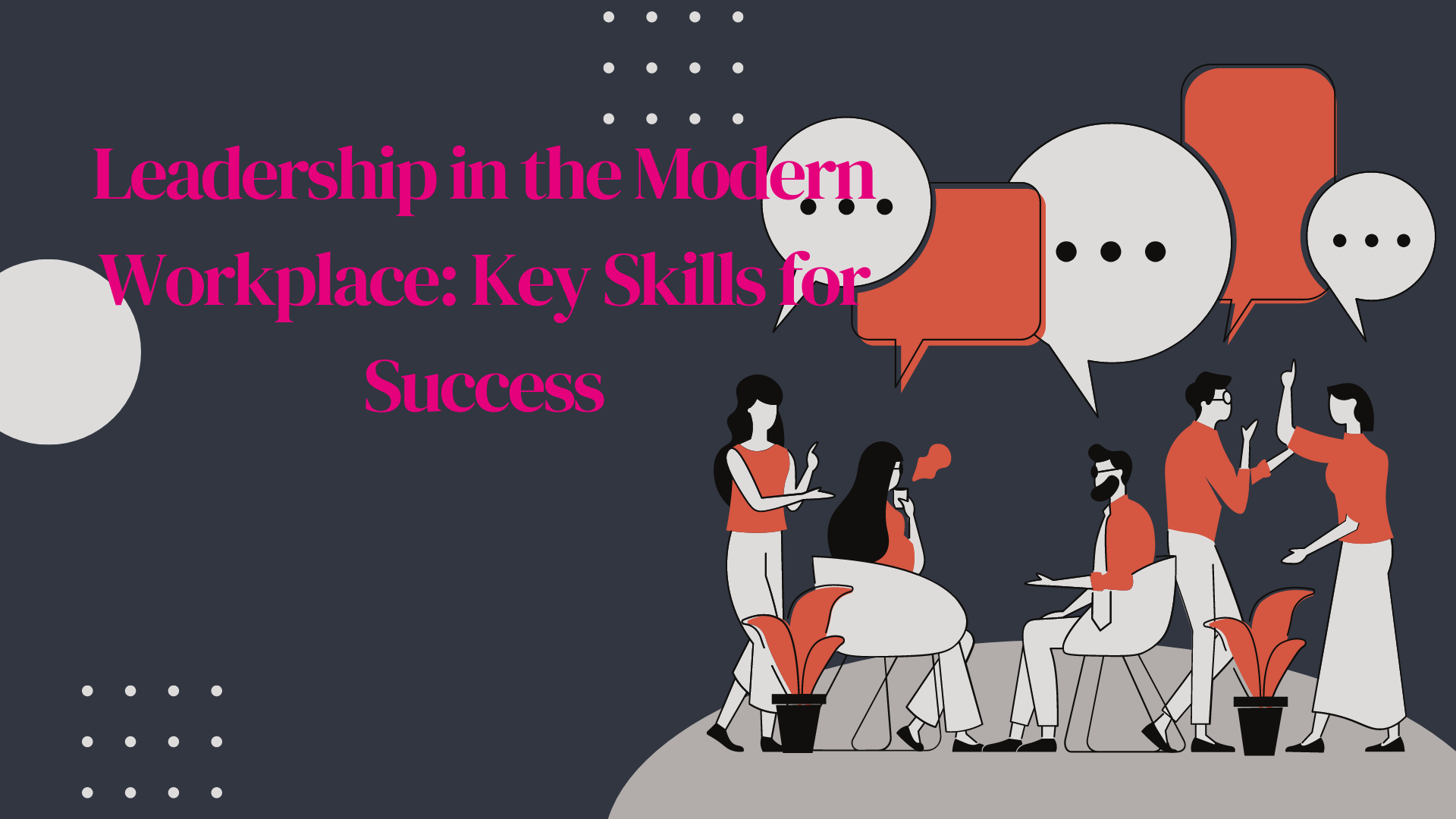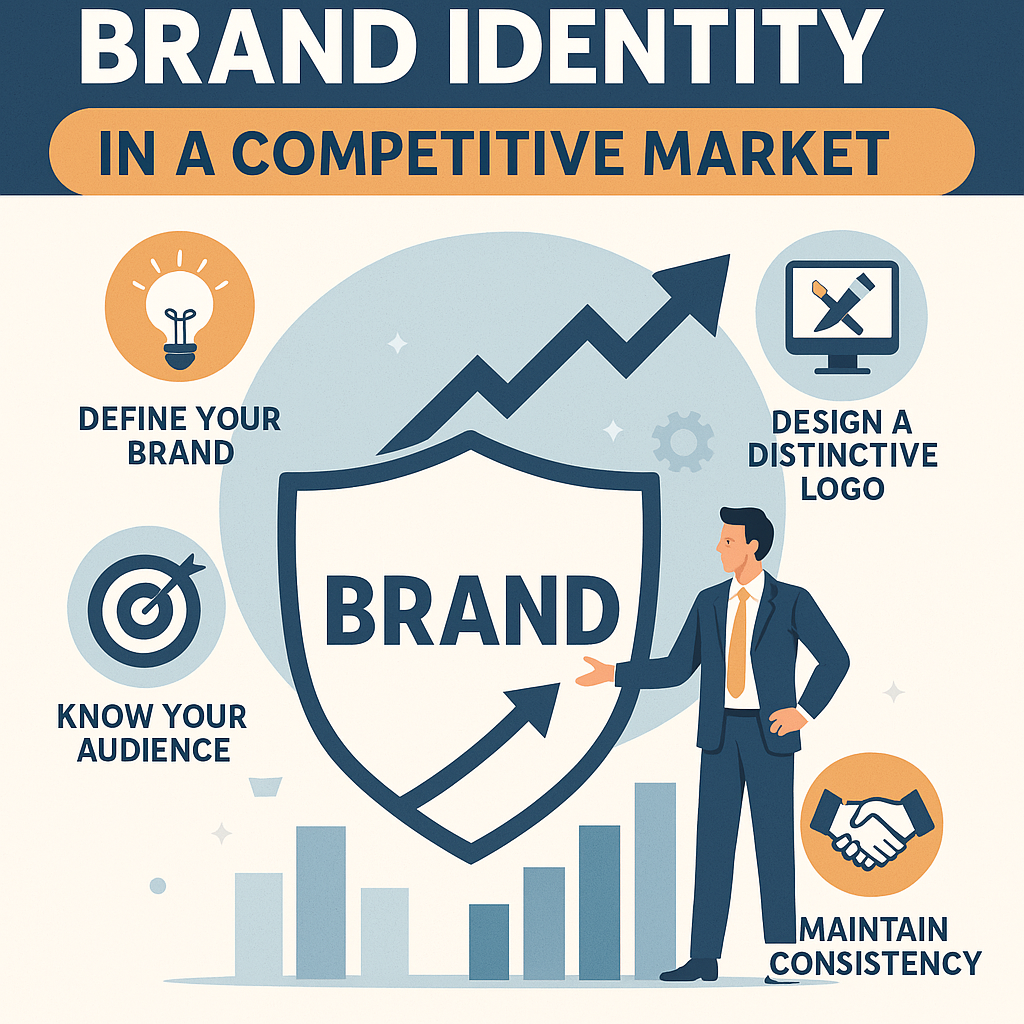1. Emotional Intelligence (EQ)
- Self-Awareness: Recognize your own emotions and how they affect your thoughts and behavior.
- Self-Regulation: Manage your emotions, particularly in stressful situations, and maintain a positive outlook.
- Empathy: Understand and consider others’ feelings, fostering strong relationships and a supportive team environment.
- Social Skills: Build rapport, manage conflicts, and inspire others through effective communication and interpersonal skills.
2. Adaptability and Flexibility
- Agility: Quickly adapt to changes and pivot strategies as needed in response to evolving circumstances.
- Open-Mindedness: Be receptive to new ideas, diverse perspectives, and innovative approaches.
- Resilience: Bounce back from setbacks and maintain focus on long-term goals despite short-term challenges.
3. Technological Savvy
- Digital Literacy: Understand and effectively use digital tools and platforms relevant to your industry.
- Data-Driven Decision Making: Leverage data and analytics to inform decisions and improve performance.
- Cybersecurity Awareness: Promote and practice good cybersecurity habits to protect your organization’s data and assets.
4. Strategic Thinking and Vision
- Long-Term Planning: Develop and communicate a clear vision for the future, aligning team efforts with organizational goals.
- Problem-Solving: Analyze complex problems, identify root causes, and develop effective solutions.
- Innovation: Encourage creativity and experimentation to drive continuous improvement and stay ahead of the competition.
5. Effective Communication
- Clarity: Convey information clearly and concisely to ensure understanding.
- Active Listening: Listen attentively to others, validating their perspectives and fostering an open dialogue.
- Feedback: Provide constructive feedback and seek feedback from others to facilitate growth and development.
6. Collaboration and Team Building
- Team Empowerment: Delegate responsibilities, trust your team members, and support their professional development.
- Inclusive Leadership: Foster an inclusive culture where diverse voices are heard and valued.
- Conflict Resolution: Address and resolve conflicts proactively and fairly to maintain a cohesive team dynamic.
7. Decision-Making and Accountability
- Decisiveness: Make timely and well-informed decisions, even under pressure.
- Accountability: Take responsibility for your actions and decisions, and hold your team accountable for theirs.
- Ethical Judgement: Uphold high ethical standards and make decisions that align with your values and those of your organization.
8. Continuous Learning and Development
- Lifelong Learning: Stay curious and committed to ongoing personal and professional development.
- Encouraging Growth: Support your team’s learning initiatives and provide opportunities for skill enhancement.
- Mentorship: Act as a mentor to guide and develop future leaders within your organization.
9. Cultural Competence
- Diversity Awareness: Understand and respect cultural differences within your team and the broader workplace.
- Global Mindset: Operate with an awareness of global trends and practices, especially if working in international markets.
- Inclusive Practices: Implement practices that ensure all team members feel included and valued.
10. Time Management and Prioritization
- Effective Delegation: Delegate tasks appropriately to balance workload and focus on strategic initiatives.
- Prioritization: Identify and prioritize high-impact tasks to maximize productivity and achieve key objectives.
- Work-Life Balance: Promote a healthy work-life balance to maintain high morale and prevent burnout.
11. Crisis Management
- Preparedness: Develop and communicate clear plans for handling crises and unexpected challenges.
- Calm Under Pressure: Maintain composure and provide steady leadership during crises.
- Rapid Response: Act quickly and effectively to mitigate the impact of crises on your organization.
By cultivating these skills, leaders can navigate the complexities of the modern workplace, drive organizational success, and foster a positive and productive work environment.



Leave a Reply